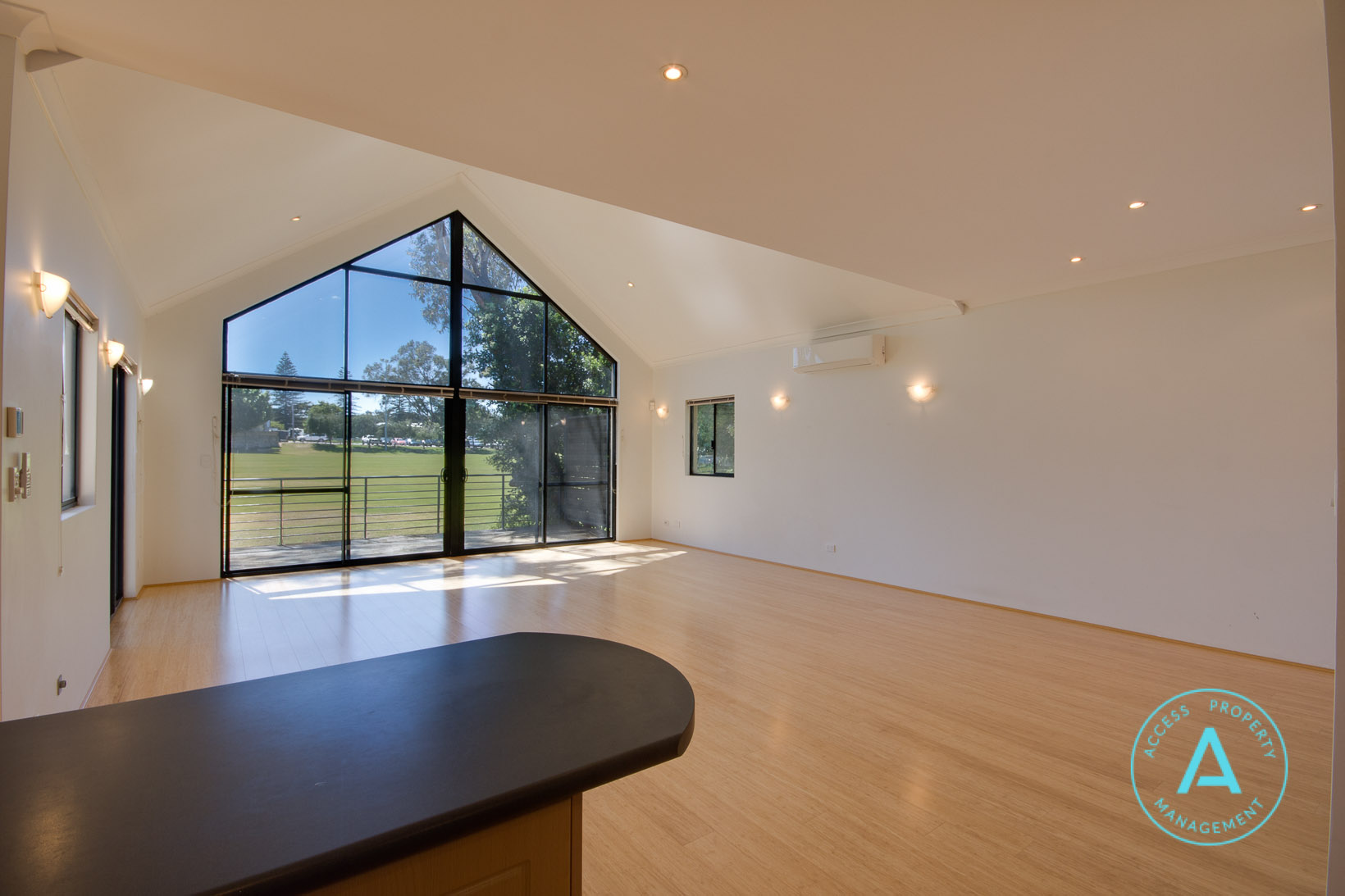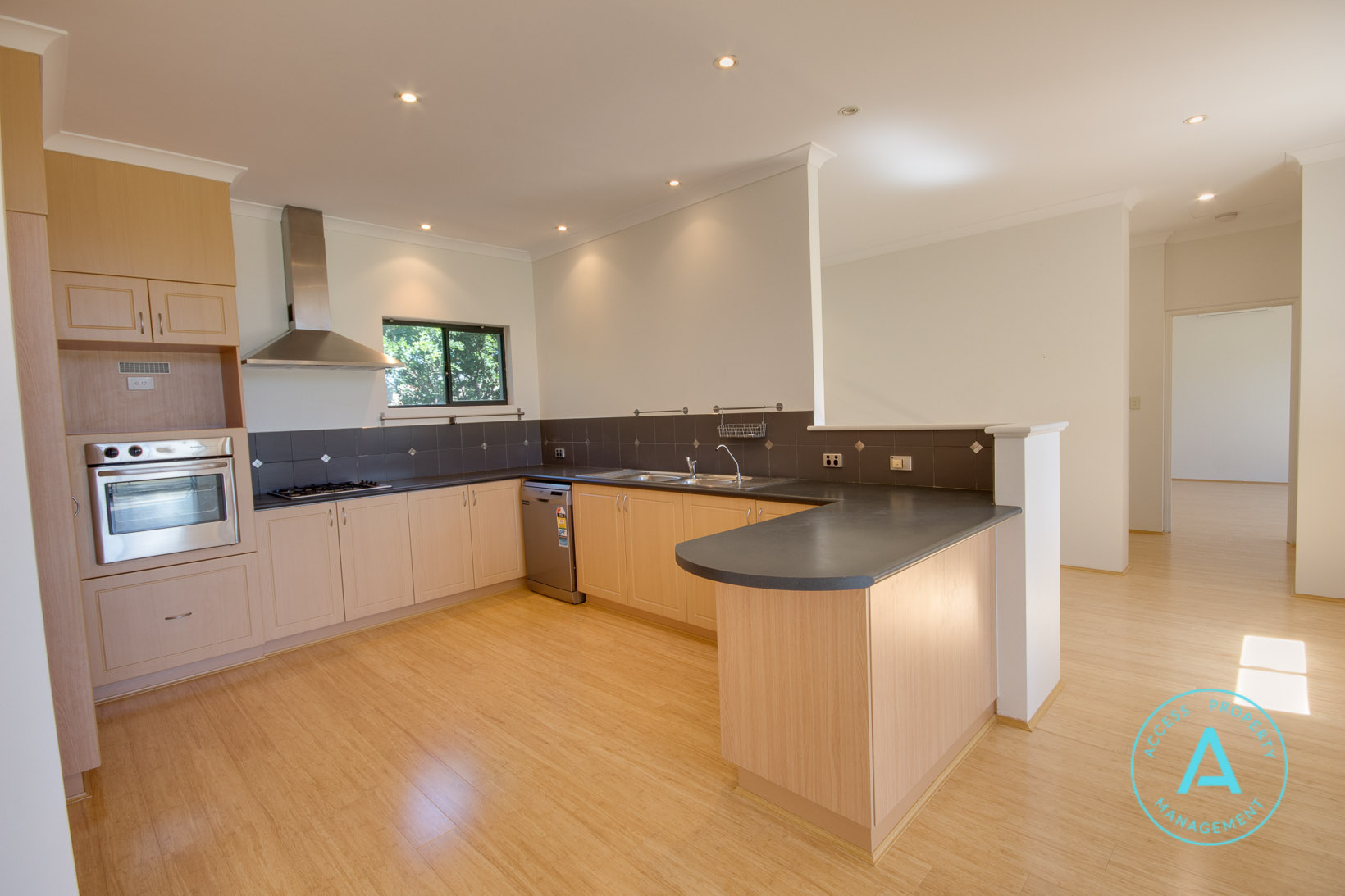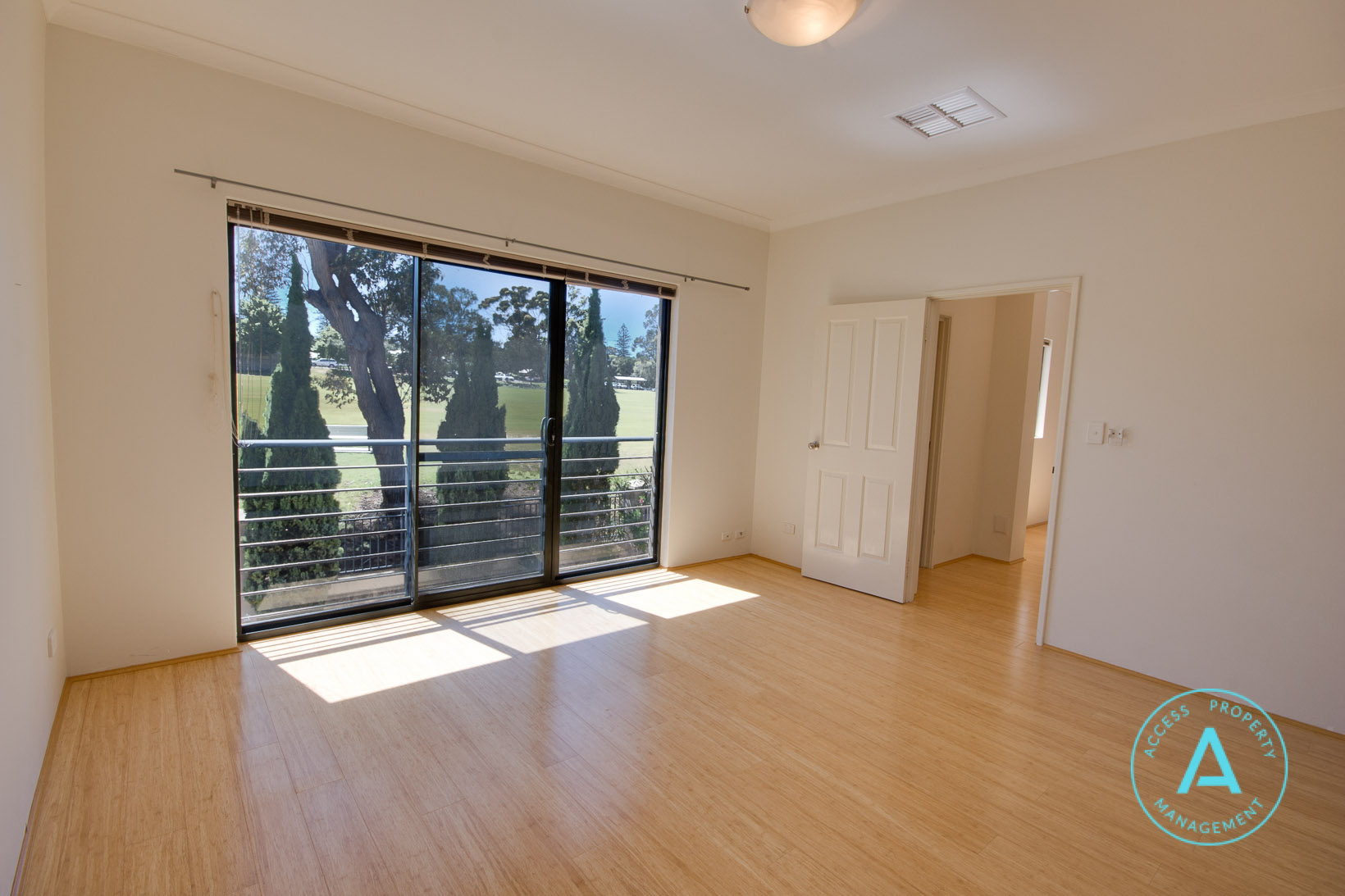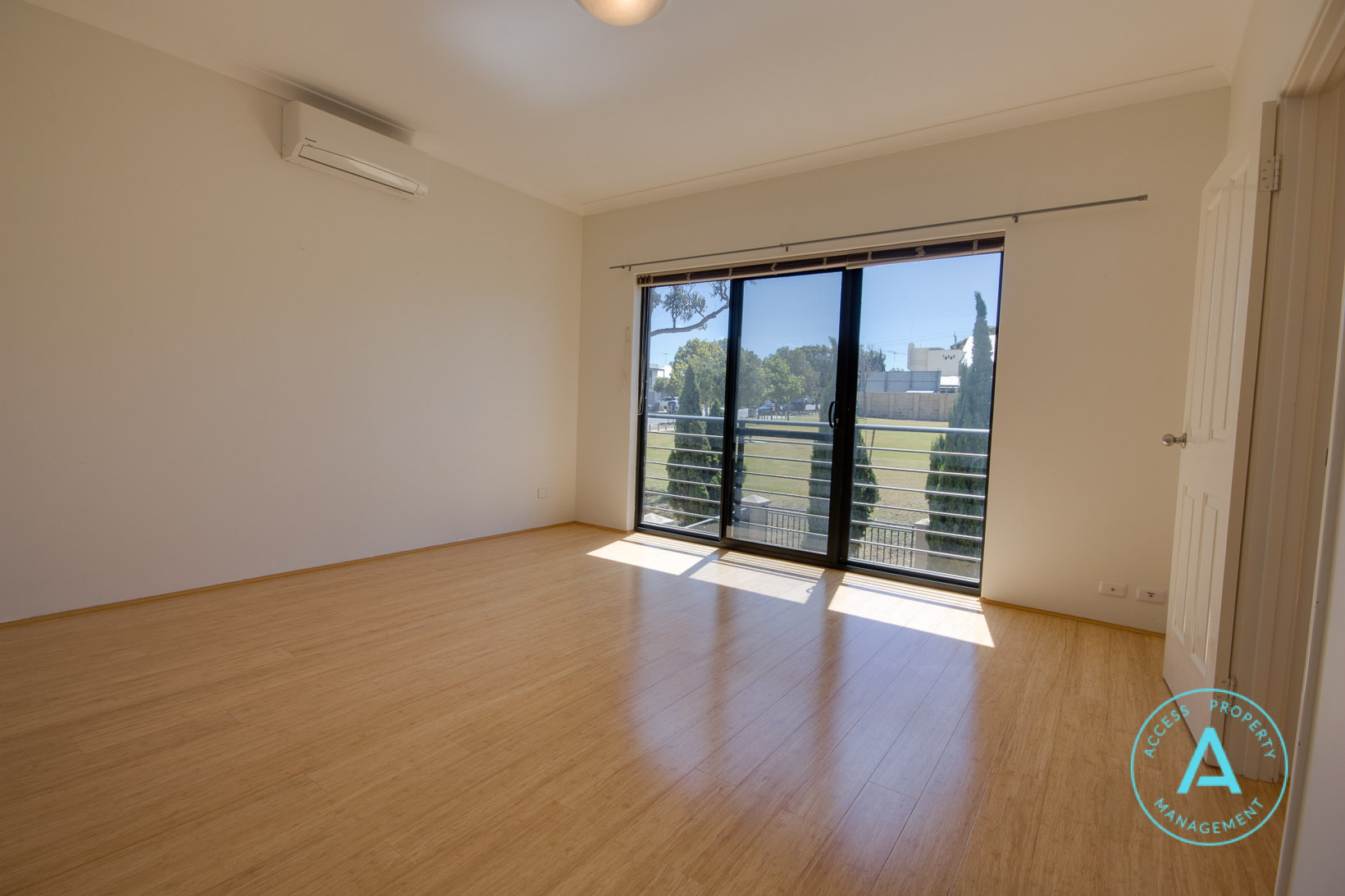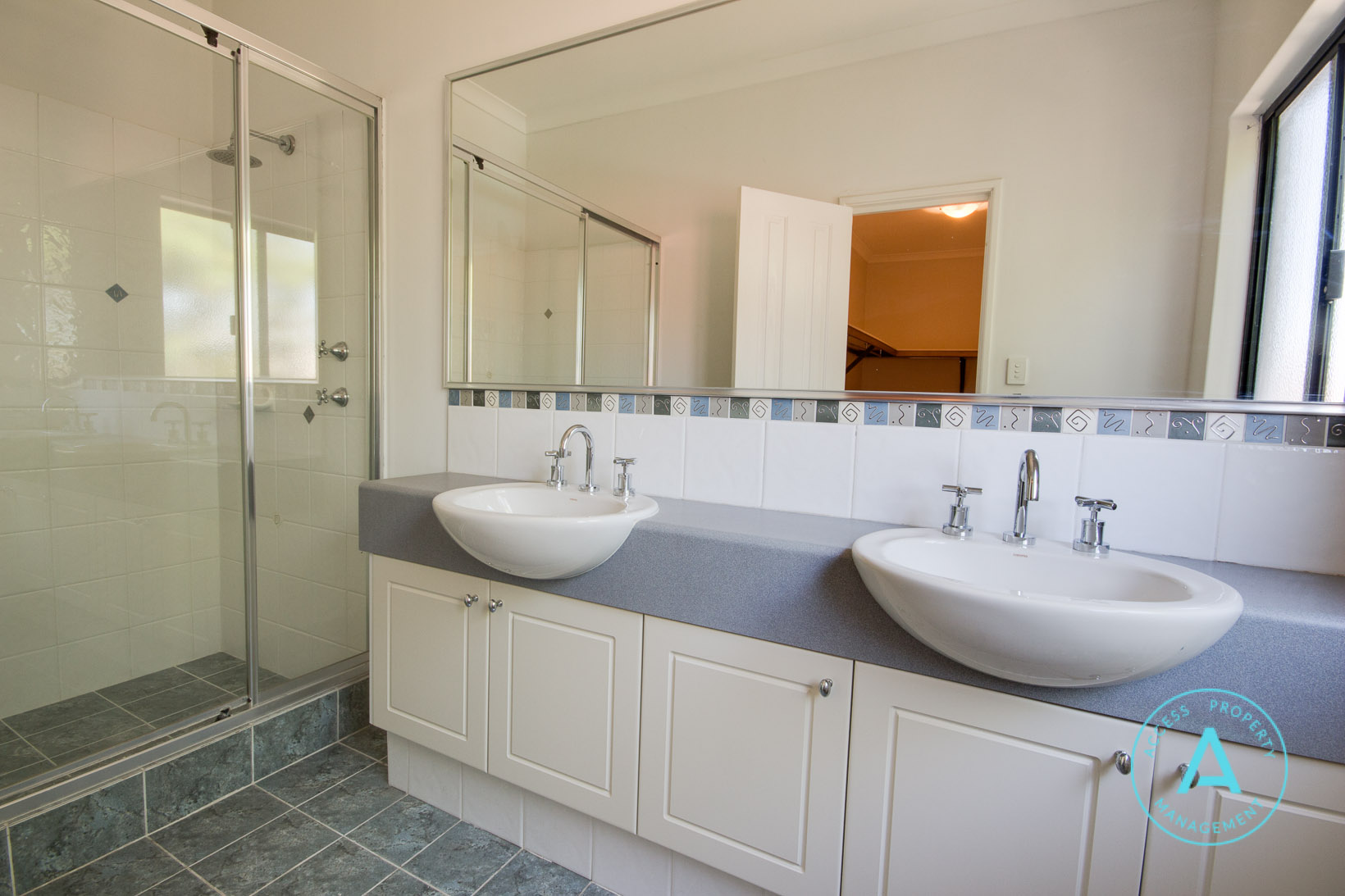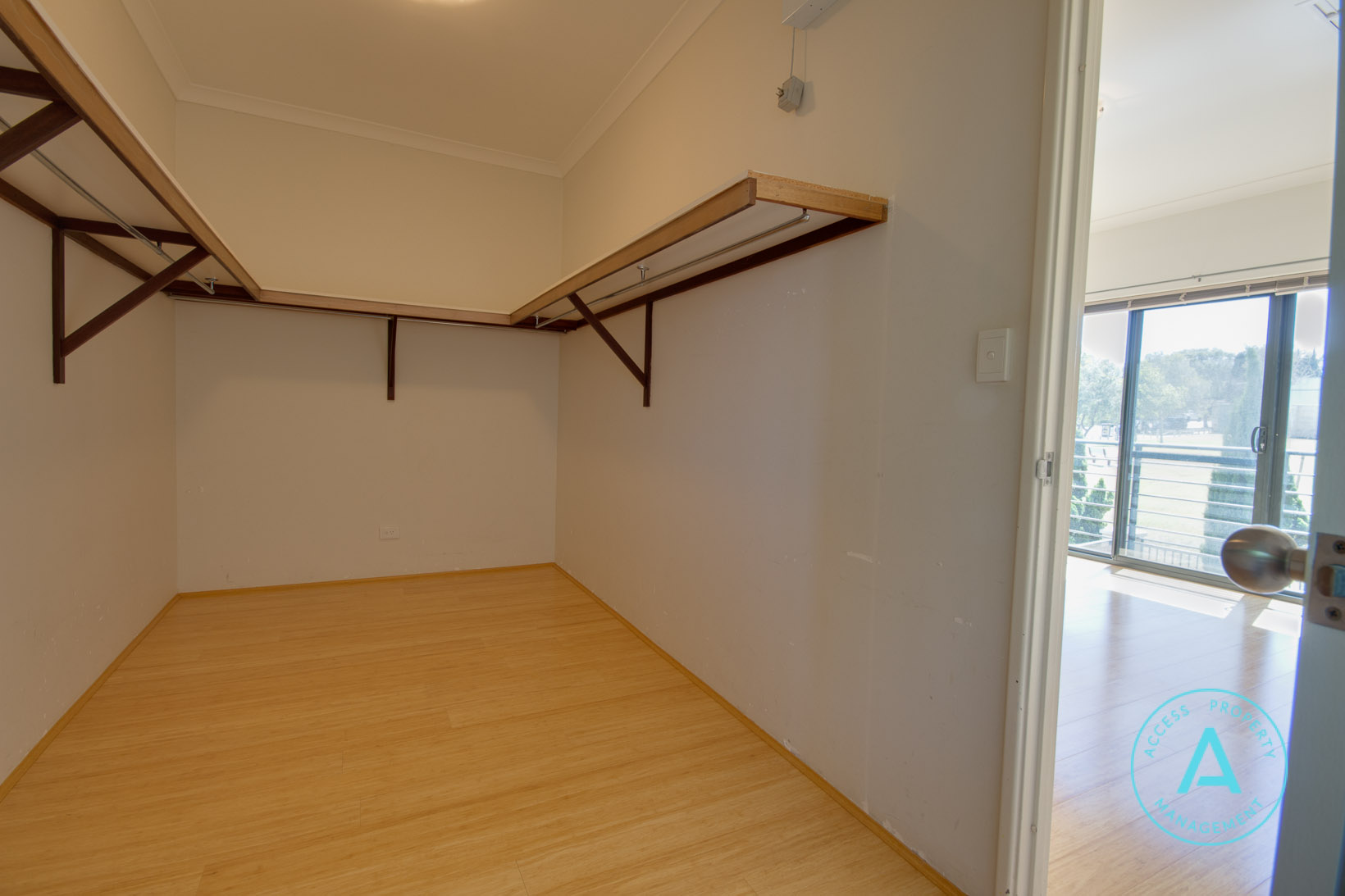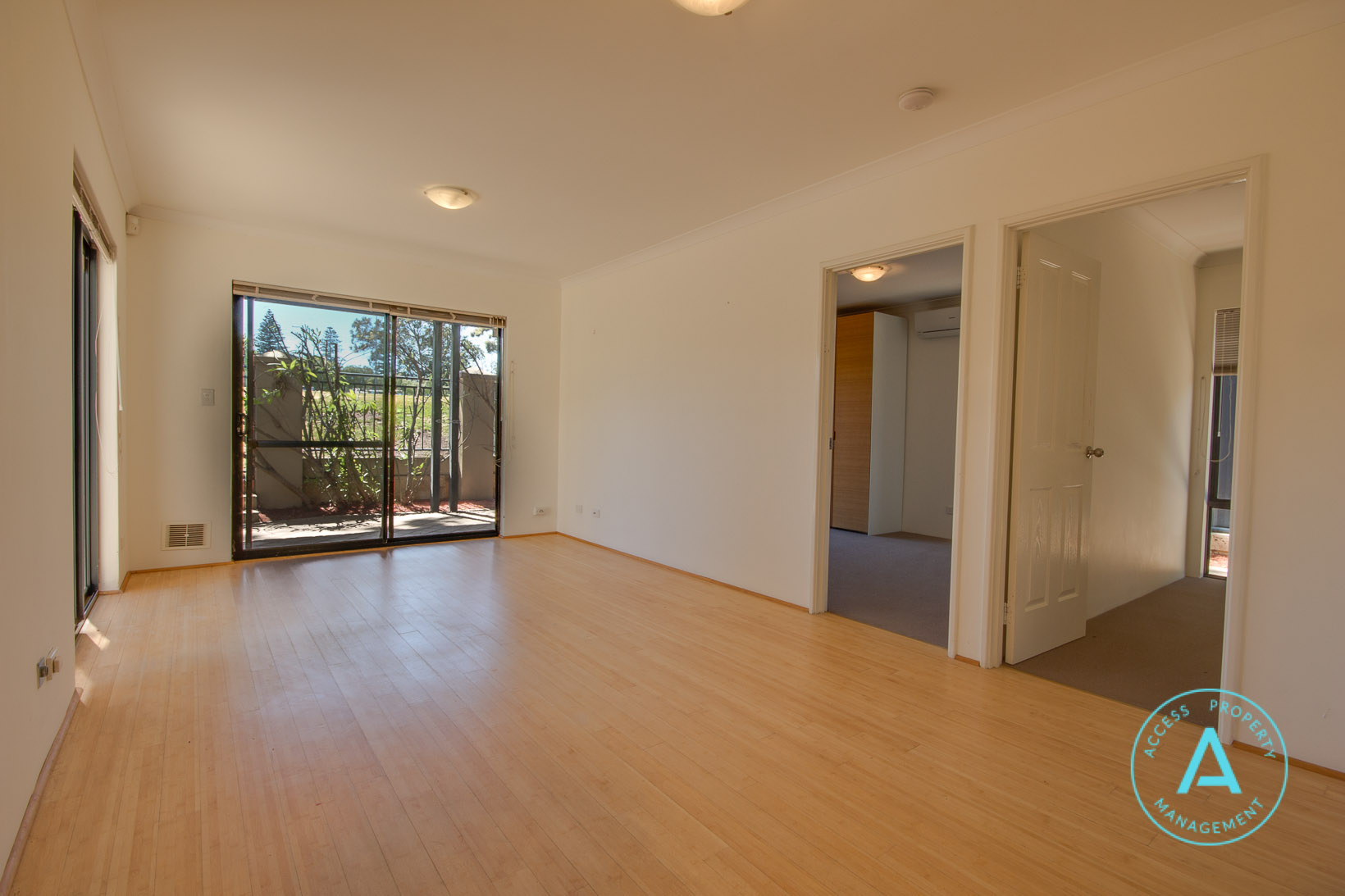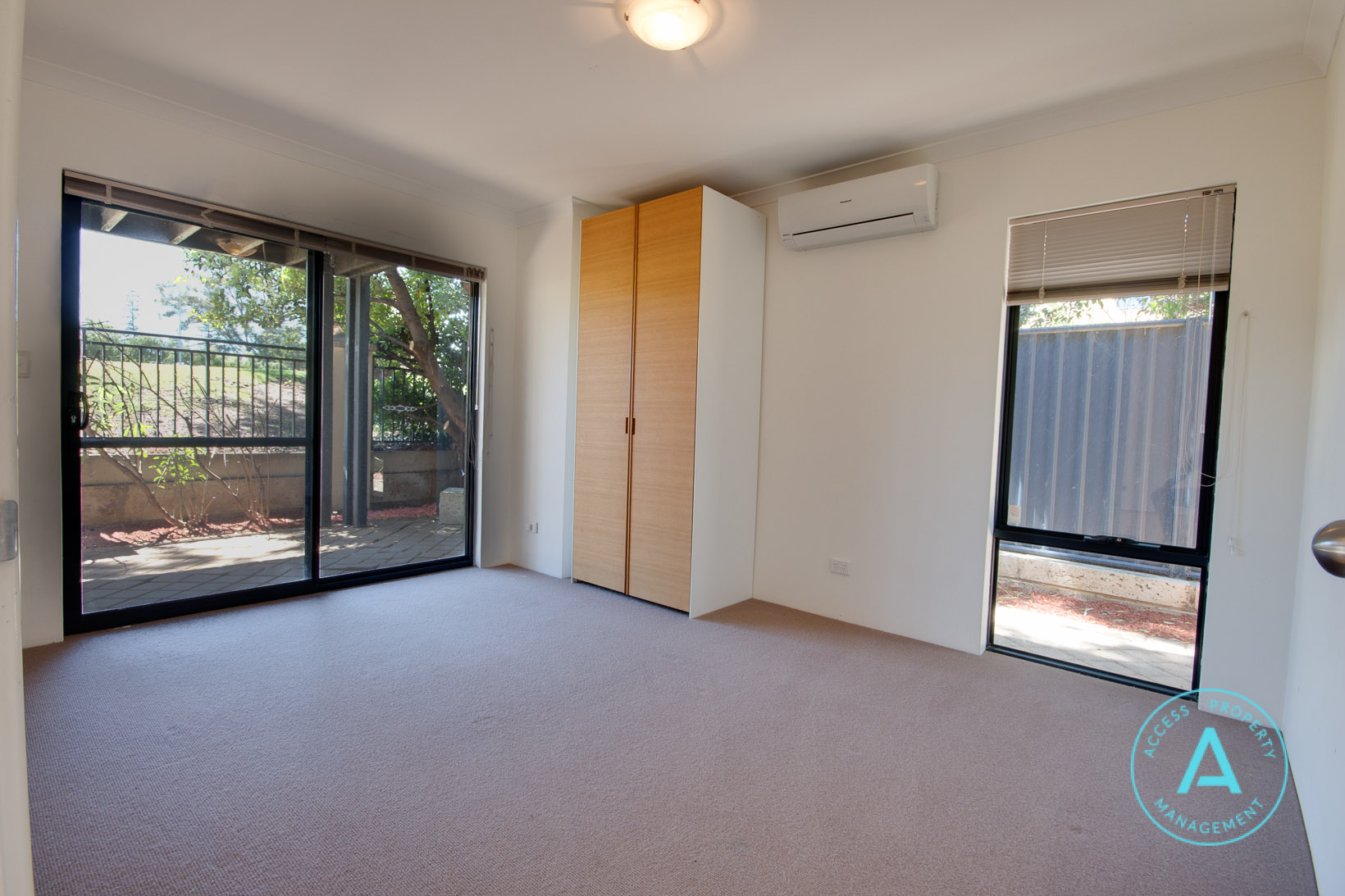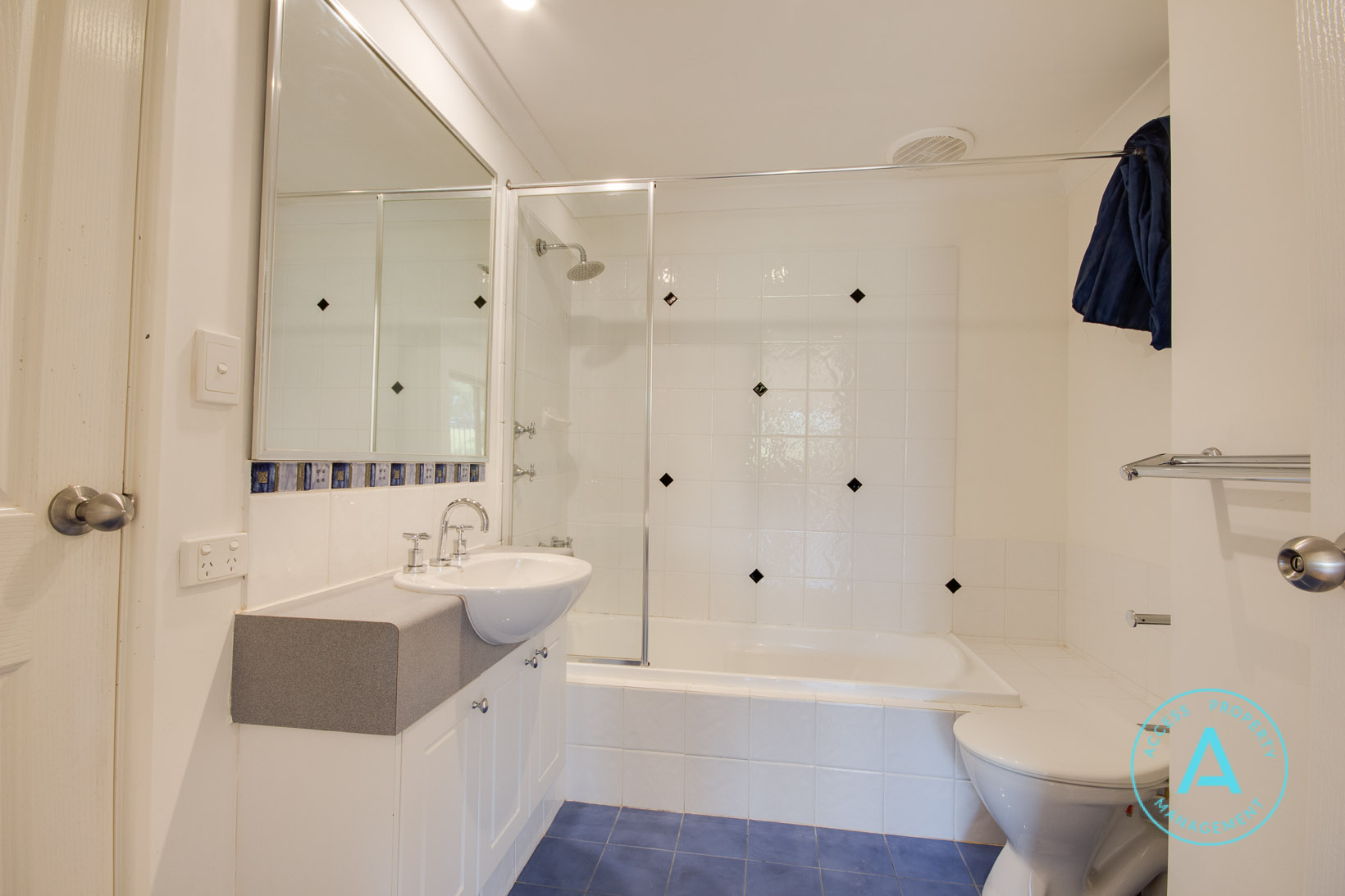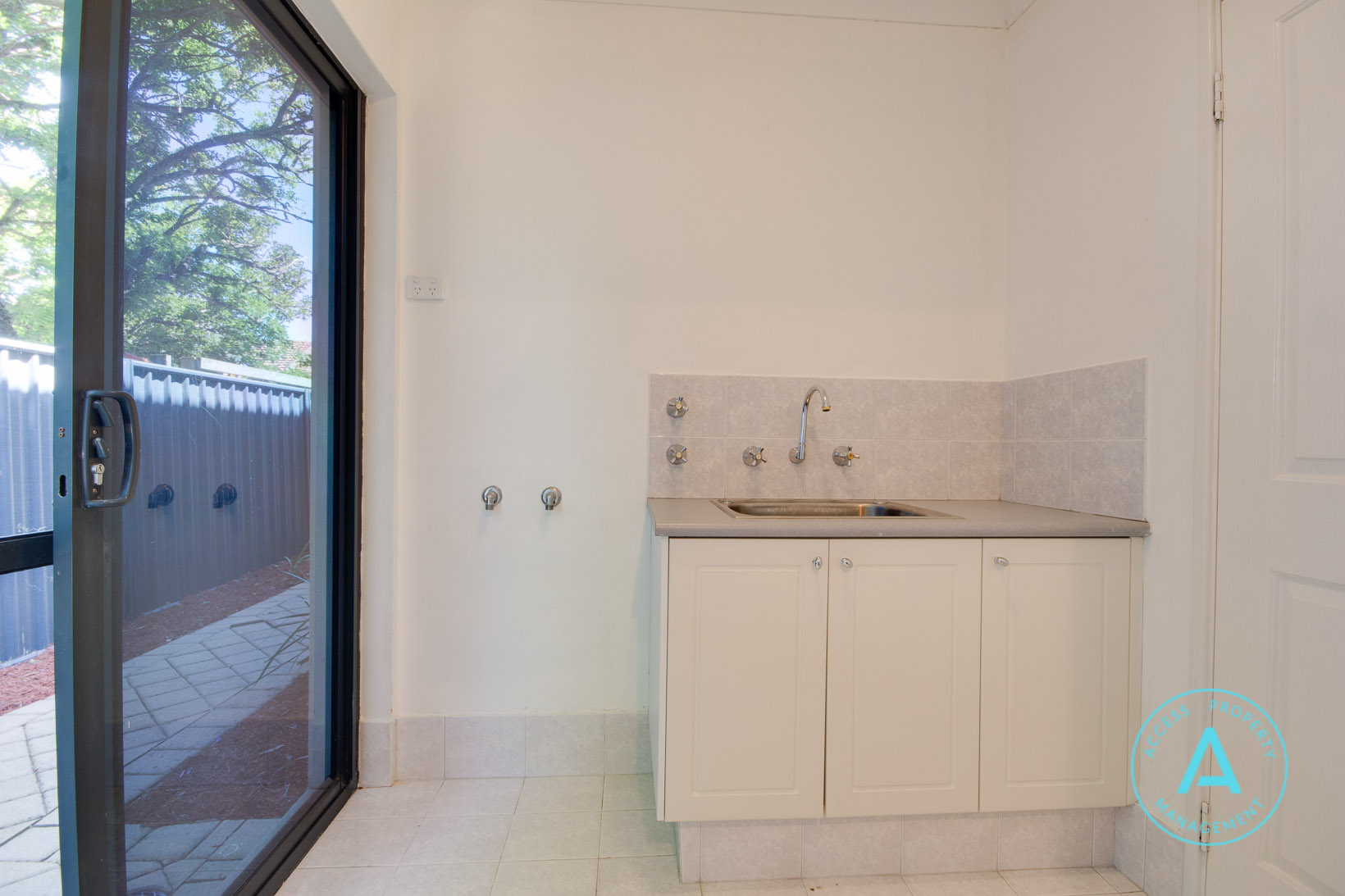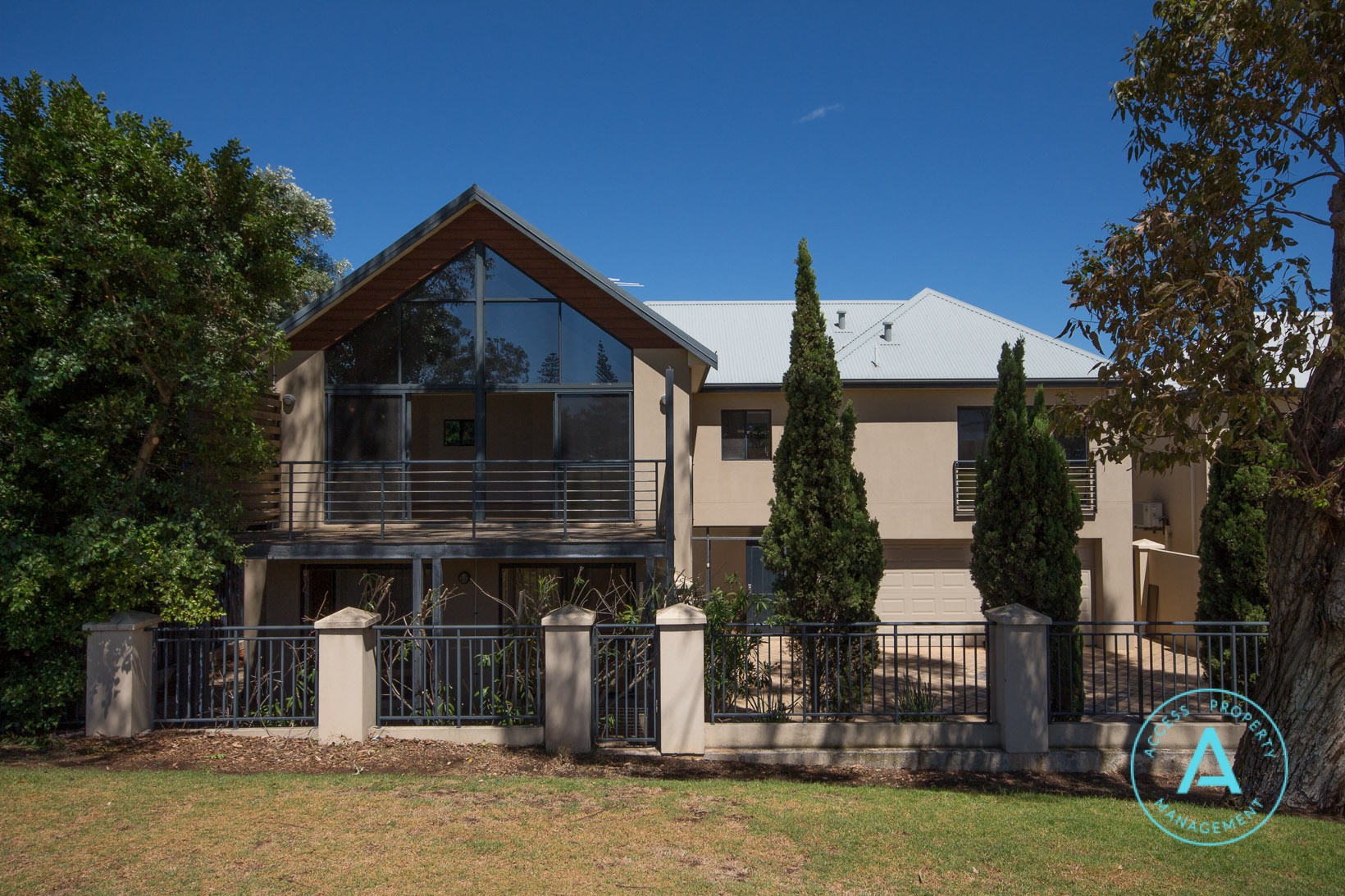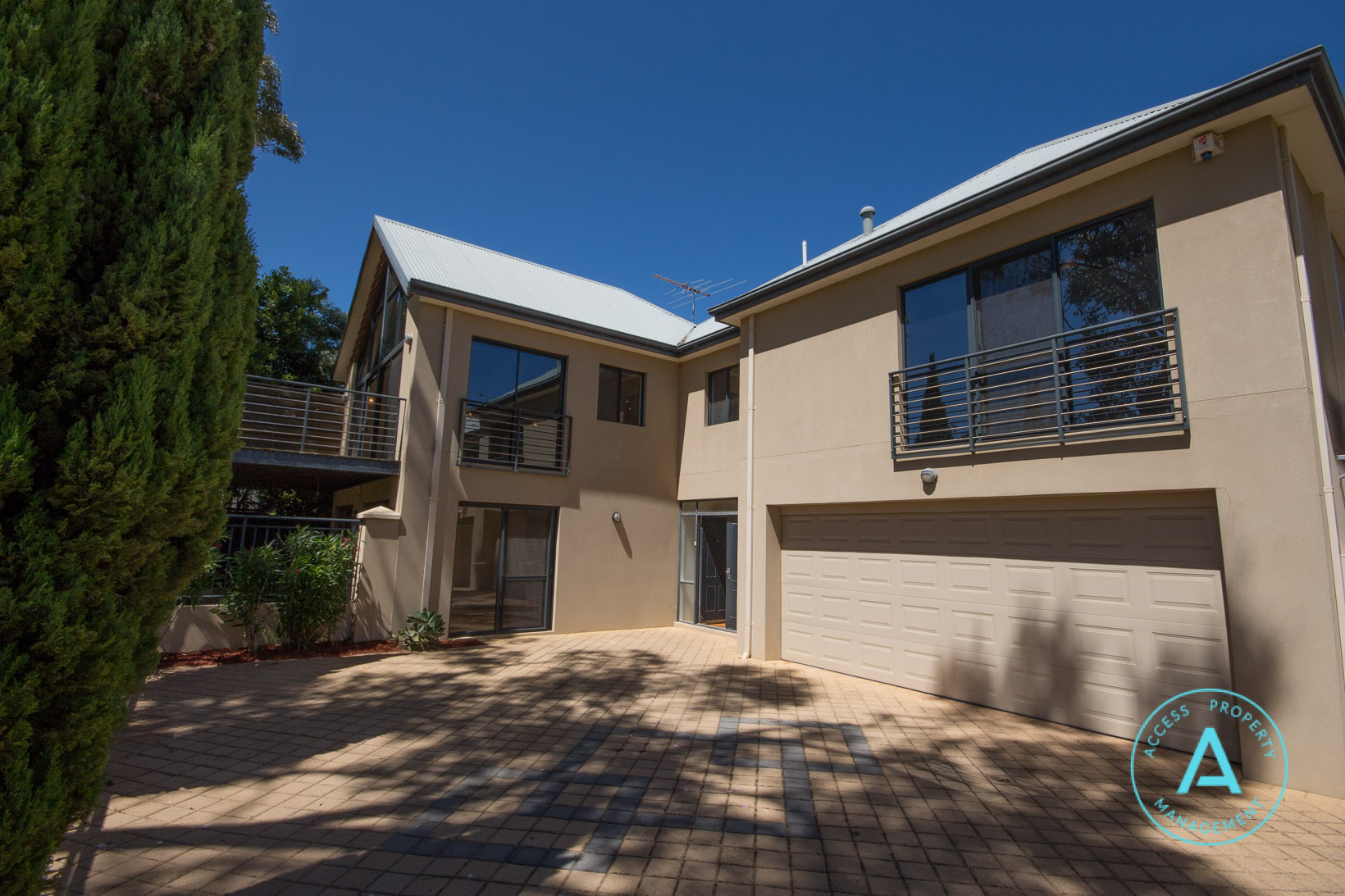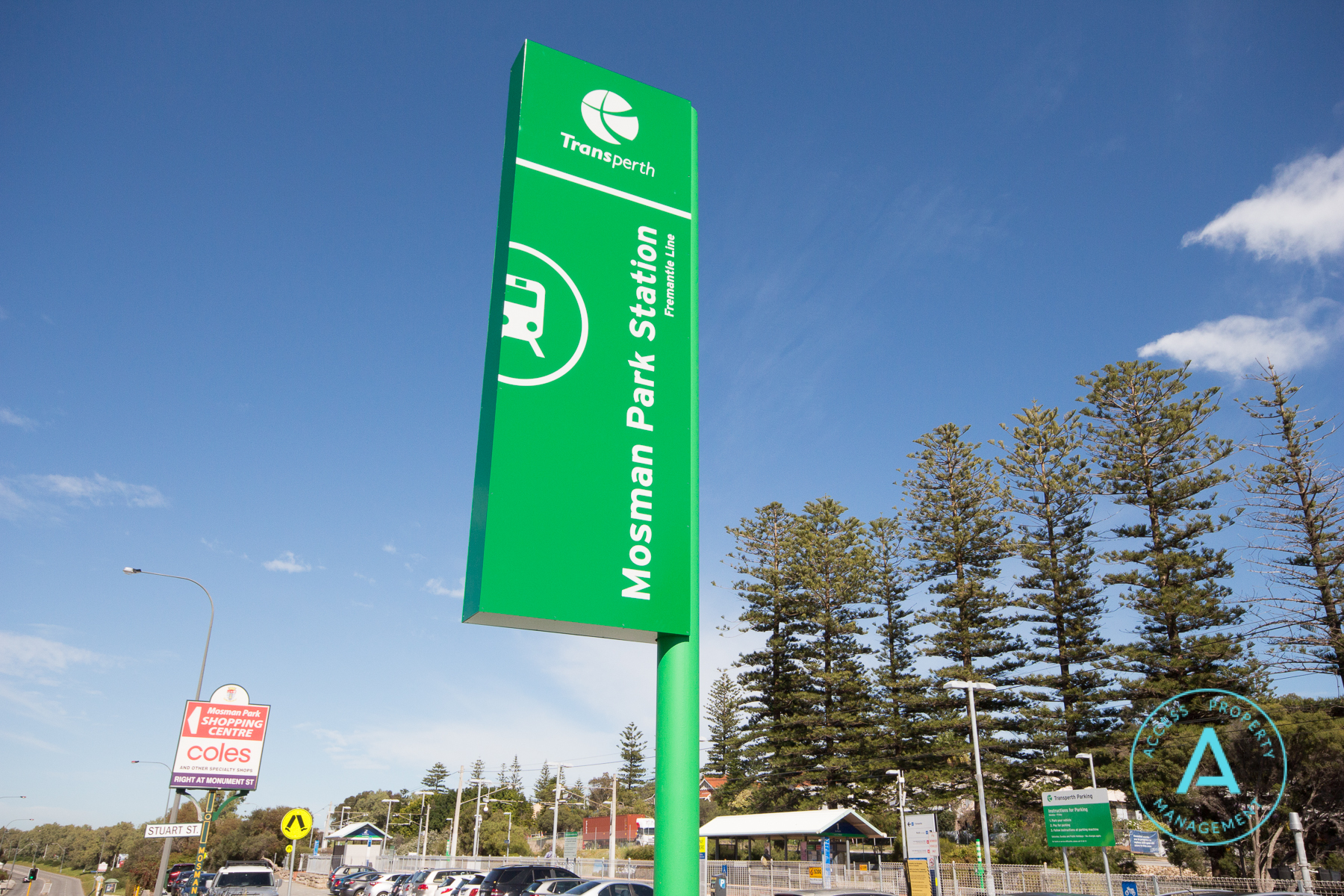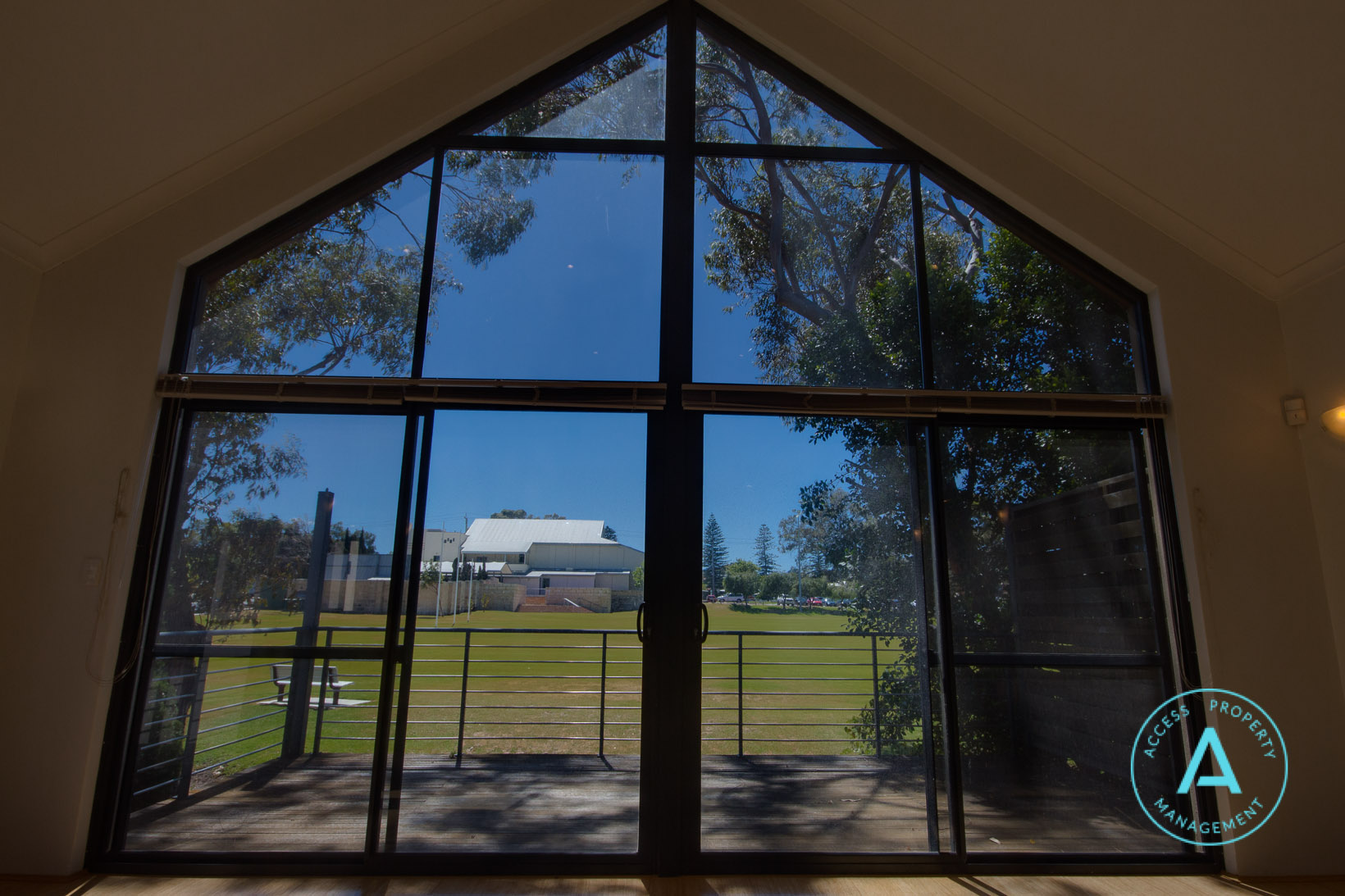A solid relationship between your property manager and your tenants is crucial for generating a consistent and profitable return on your rental property, so it’s essential that your investment is in safe hands.
To help ensure this, we’ve created this guide that outlines the qualities of an effective property manager, the benefits that they’ll deliver to you and your tenants as a result, and some of the red flags that might indicate it’s time to switch property managers.
Property manager keys to success
Remain calm and respectful
Though it may sound obvious, remembering the importance of measured and respectful communication is imperative in property manager-tenant relationships. While it’s rare for either party to go out of their way to be disrespectful or cause offence, it can be an unfortunate side-effect of fast-paced communication mediums like email or text where intents can be misunderstood or poorly expressed.
When searching for an appropriate property manager, take note of the way they communicate with you and their willingness to choose a contextually appropriate communication medium. A phone call or in-person meeting is probably going to be much more effective in discussing particularly complex or nuanced matters, compared to a text or an email. How they communicate with you will probably provide a substantive indication of how they’ll communicate with your tenants.
Keep promises
One of the best ways to show respect is to keep your word. Ideally, any promises your property manager makes or agreements they come to with your tenants should be documented in writing so both parties are on the same page and can refer back to them. If, for whatever reason, your property manager is not able to keep a promise, they should communicate this to your tenants and endeavour to find a mutually acceptable compromise or alternative solution.
One area in which keeping promises is particularly important is maintenance and repairs. These matters should be treated as a priority for property managers – not only is neglecting to do so disrespectful to your tenants, but it could also constitute a breach of the lease contract.
To ensure you’re choosing a property manager who is going to honour their tenant promises, pay close attention to the way they treat their commitments to you – if they’re flakey or always coming up with excuses for not following through, this is likely a sign that they’ll treat your tenants the same way.
Be flexible
A perfect tenant is very hard to find, but there are plenty of great tenants and also a fair amount of bad tenants. If you find yourself with a great but imperfect tenant, the ideal property manager will be one who can maintain a degree of flexibility, rather than focusing only on perceived flaws. For example, if your tenant receives a noise complaint or misses a rental payment, a competent property manager will refrain from responding in a punitive manner. Instead, they will express understanding and try to work with your tenant to find a solution that works for all concerned. A great tenant with a few imperfections is better than a bad tenant (or no tenant at all).
Are you considering switching property managers? Check out our useful guide.
Happy tenant, happy landlord: the benefits of property managers maintaining positive tenant relationships
Longer-term tenancies
Tenants who get on with their property managers are more likely to become long-term tenants, which in turn increases the profitability of the investment property. This is because vacancy periods are few and far between with long-term tenants, so there is minimal ‘downtime’ on the investment. On top of this, every time a property is re-listed and promoted, there is an associated cost outlay, which can bring down your ROI.
Better property maintenance
By the same token, the longer a tenant spends in a property, the more likely they are to view it as their own space and to care for it as such. This reduces the likelihood of maintenance and repairs and means that, if these needs do arise, the tenant will be quick to raise any issues, allowing them to be resolved quickly before they can cause any further damage to the property and its value.
Reduced risk of disputes
Keeping open and friendly lines of communication means a stronger rapport between a property manager and their tenants. This means that, if an issue does arise that requires swift resolution, the infrastructure for positive communication is already firmly established, enabling issues to be addressed quickly and effectively, without spiralling into disputes.
Spotting issues in property manager and tenant relationships and ways to resolve them
Communication breakdowns
As described above, poor communication often results in the relationship between a property manager and their tenants lacking a solid foundation. Communication breakdowns can look like delayed responses to emails or texts, a lack of rapport or frequent misunderstandings, and apprehension around future communications. To resolve these issues, it’s important that your property manager takes the lead in re-opening the lines of communication. If they are not willing to do this or are squeamish about re-engaging the tenants directly, it could be a sign that they are not a good fit.
Property neglect or failure to pay rent
Whether due to personal circumstances, a lack of attention, or resentment towards their property manager or landlord (who they may feel is not meeting their responsibilities), a tenant failing to properly care for or maintain their rental property is a sign that the relationship is on thin ice. If your property manager is not able to provide the requisite attention or nurturing to bring the relationship back into calmer waters, it may be time to seek out a new one.
Short-term leases and high turnover rates
Tenants frequently failing to renew their lease could be a sign that they do not perceive the property to offer sufficient value for money, compared to other rentals, or that they are unhappy with their service. It’s one thing if your property manager is willing to approach these tenants for feedback on their experience to see what improvements could be made in the future to reduce the likelihood of high turnover rates. However, if they seem completely unconcerned about the turnover rate, or are the object of repeated tenant criticism, it’s probably a sign to make the switch to a better-suited property manager.
At Access PM, we pride ourselves on our team of dedicated property managers who are willing to go above and beyond to support the needs of both their landlords and tenants. If you would like to talk to us in more detail about our property management ethos, please get in contact.






